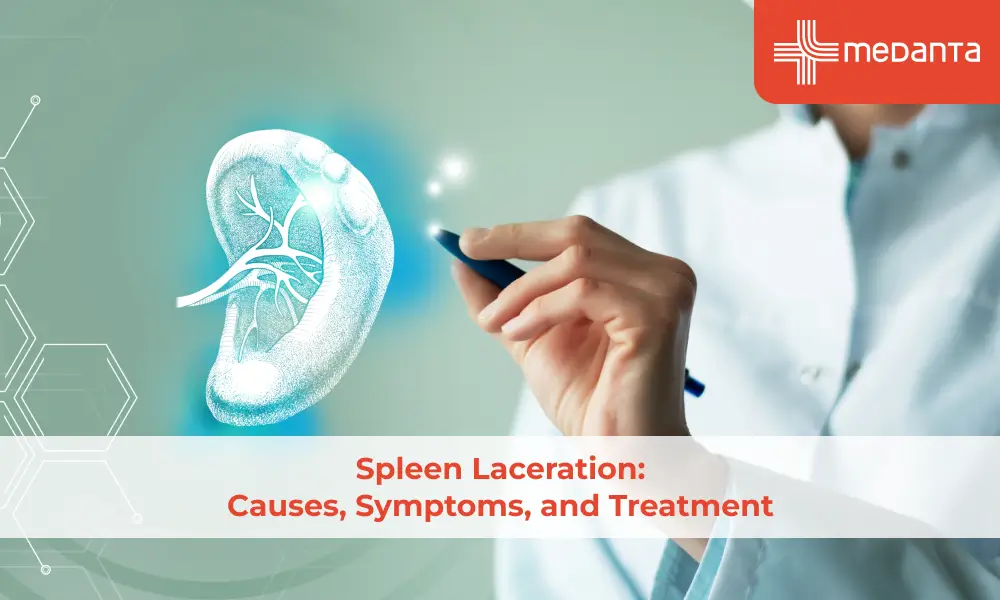Miracle in the Making: 6 Ways Phenylketonuria Shaped My Unborn Baby's Journey

Phenylketonuria (PKU) is a rare genetic disorder that affects how the body processes the amino acid phenylalanine. An estimated 1 in 10,000 to 15,000 babies are born with PKU every year in the United States. PKU can lead to severe intellectual disability, developmental issues, seizures and behavioral problems if left untreated. However, the journey of a family dealing with PKU is also one of hope, resilience and miracles.
Understanding PKU and Its Genetic Causes
PKU is an inherited autosomal recessive disorder, meaning both parents must pass on a mutated gene for a child to have the disease. When both parents are carriers, there is a 25% chance with each pregnancy that the child will have PKU. The phenylketonuria causes a deficiency of the enzyme phenylalanine hydroxylase (PAH), which helps convert the amino acid phenylalanine into another amino acid tyrosine. When PAH is deficient, phenylalanine builds up to toxic levels in the body and causes damage, especially to the developing brain.
Recognizing the Early Signs and Symptoms
Babies with phenylketonuria symptoms seem healthy at birth and symptoms typically appear around 6 months of age. Early symptoms include:
- Jerky movements and tremors: Babies may display sudden, uncontrolled movements of the arms, legs, or body. Tremors or shaking of the limbs may also be seen.
- Lighter skin and eye color: PKU prevents normal production of melanin, the pigment responsible for coloring eyes, skin, and hair. Babies show much lighter skin and eye color compared to siblings.
- Musty body odor: A strong musty or mousy smell from the baby's skin, eyes, or urine due to phenylketones in the body.
- Skin rashes and eczema: Patchy, dry, red skin rashes are commonly seen, especially on the face, arms, and legs. Cradle cap or dandruff may be severe.
- Small head size: The head may be much smaller than average, a condition called microcephaly. The forehead may bulge out and appear prominent.
- Developmental delays: Babies show delayed development of motor skills like lifting their head, sitting up, crawling, grasping objects, etc. Speech and social skill delays may also be present.
Without treatment, symptoms progress to include:
- Intellectual disability
- Seizures
- Loss of previously attained skills
- Behavioral issues like hyperactivity
The Diagnostic Process for PKU
In the United States, newborn screening is done for every baby to check for rare but serious diseases like PKU that may not show obvious symptoms at birth. The screening test analyzes a few drops of blood taken from the baby’s heel, usually within the first 2-3 days of life.
The initial newborn screening results may show increased phenylalanine levels, indicating the baby could have PKU. However, this is not a confirmed diagnosis yet.
Abnormal newborn screening results need to be followed up by diagnostic testing to conclusively establish if the baby has PKU. Common diagnostic tests include:
- Quantitative plasma amino acid analysis to accurately measure phenylalanine levels.
- Urine testing for phenylketones.
- DNA analysis for mutations in the PAH gene.
- PAH enzyme activity testing.
Based on the results, the doctor can confirm a diagnosis of PKU.
Some experts also recommend re-testing babies at 1-2 weeks old if the first newborn screening test was done in the first 24 hours after birth. Initial test results may be inaccurate if the baby is less than 24 hours old.
Beginning the Treatment Plan as Early as Possible
Early treatment is crucial to prevent severe neurological complications of elevated phenylalanine levels. Hence, the PKU treatment plan should be initiated as soon as possible once the diagnosis is confirmed.
The main treatment for PKU is following a special low-phenylalanine diet. This diet eliminates high protein foods like meat, eggs and dairy that are rich in phenylalanine. The child is instead given special medical formulas that provide complete nutrition without phenylalanine.
Frequent monitoring of blood phenylalanine levels helps tailor the diet and formula intake as the child grows. Maintaining blood phenylalanine within the treatment range prevents intellectual disability.
The medication sapropterin (Kuvan®) can help boost residual phenylalanine hydroxylase (PAH) enzyme activity in some individuals with PKU. This allows relaxation of the strict diet, but blood tests are still required to monitor levels.
Overall, early initiation and lifelong continuation of treatment is key to prevent neurological damage from toxic phenylalanine levels.
The Role of Diet and Formula in PKU Management
The dietary treatment plan for PKU is highly customized and tailored to each individual's phenylalanine tolerance level.
Special phenylalanine-free medical formulas are the cornerstone of PKU dietary management. They provide all the protein and other nutrients required for growth and development, without any phenylalanine. The formulas are available in many forms like powders, liquids, bars etc. to suit each person's needs and preferences.
Along with formula, a strict low phenylalanine diet is followed. This diet severely limits intake of high protein foods that are rich in phenylalanine. Foods to be avoided include:
- Meat, poultry, fish
- Eggs
- Dairy products
- Dried beans, lentils
- Nuts and seeds
- Soy products
Allowed foods in the PKU diet provide calories without excessive protein. These include:
- Fruits and vegetables
- Special low protein bread and pasta
- Fats and oils like canola oil
- Certain sweets and snacks
With lifelong adherence to the customized dietary treatment plan and formula intake, individuals with PKU can achieve normal health, growth and development. Regular monitoring of blood phenylalanine levels helps ensure dietary control is maintained.
Hope for a Normal Life
The journey of a family dealing with PKU has its challenges but also miracles in store. Early diagnosis and treatment prevent intellectual disability and other complications. Babies treated from infancy usually have normal development and intelligence. Many adults with PKU are living healthy, productive lives. Researchers continue to find improved phenylketonuria treatments. The future is bright for individuals with PKU.
Conclusion
The journey of a family dealing with phenylketonuria symptoms can be challenging yet filled with hope and miracles. Early diagnosis through newborn screening and prompt initiation of specialized diet and formula provides the best chance for babies with PKU to reach their full potential. Medical research continues to find improved treatments to make PKU management easier. With proper treatment, individuals with PKU can live healthy, fulfilling lives.
Receiving a diagnosis of the rare genetic disorder PKU in your newborn can be worrisome for parents. But with early treatment and specialized medical care, children with PKU can thrive and achieve normal development.
At Medanta Hospital in Gurgaon, expert geneticists, pediatricians and dietitians will create a customized treatment plan involving specialized formula and diet to optimize your child's health and future. Compassionate counseling provides families the emotional support needed on this journey.






